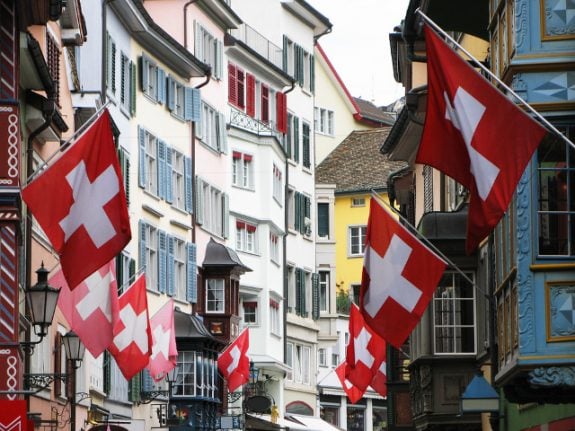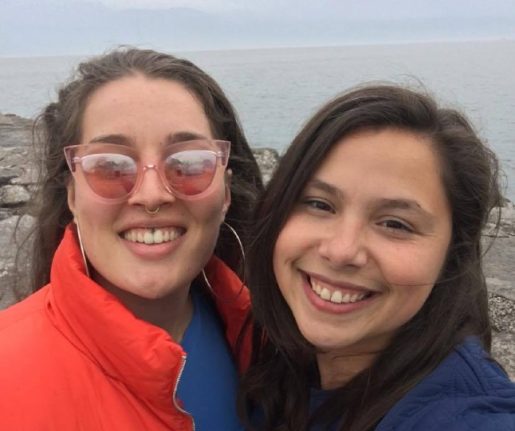EXPATS
Survey: Switzerland ranked the safest place for expats to live
Switzerland is the safest place for expats to live, according to the latest survey from expat networking community Internations.
Published: 6 September 2017 11:44 CEST

Photo: happyalex/Depositphotos
Switzerland ranked first for safety and security in the 2017 Expat Insider survey, which assesses the quality of expat life in 65 countries around the world by questioning expats on more than 40 factors that affect their lives.
Overall, 97 percent of Switzerland-based respondents said they felt safe in the alpine country, 18 percentage points higher than the global average.
That comprised three factors: personal safety, political stability and peacefulness.
In terms of personal safety, Switzerland leapfrogged to third place this year, while it didn’t make the top ten in 2016. It was the only European country to make the top five, with East Asian countries being deemed best for personal safety.
The alpine country ranked second for political stability, behind Luxembourg, and fourth for peacefulness, behind Finland, Portugal and Norway.
Despite its high ranking for safety, Switzerland only ranked 27th overall in the Expat Insider survey, four places higher than last year but still significantly lower than its best ranked position of fourth in 2014.
In individual categories improvements were marginal on last year. While expats scored the country highly for quality of life (8th) and working abroad (13th in a category comprising work-life balance and job security), it fell down when it came to cost of living (64th) and ease of settling in (61st).
As in 2016, those questioned said they didn’t feel at ease in Swiss culture, perceived the local population as unwelcoming and struggled to make local friends.
Some 67 percent said it was hard to make Swiss friends and the majority (52 percent) said their friends were mainly other expats.
One American respondent told the survey “people in Switzerland have a culture of being reserved, they are friendly but not actually looking for friends”.
As last year, Switzerland was also criticized for its high costs, even when considering the higher salaries on offer. The majority of expats negatively rated the affordability of housing, healthcare and childcare in the country.
However the country was rated highly for the quality and cost of education, the quality of healthcare and the transportation system, and the travel opportunities afforded by the country’s location in the centre of Europe.
Overall, Bahrain leaped 19 places to be named the best place for expats to live in 2017, particularly excelling when it came to the ease of settling in.
Costa Rica and Mexico came second and third, while Greece, Kuwait and Nigeria were deemed the three worst places to live.
Url copied to clipboard!




 Please whitelist us to continue reading.
Please whitelist us to continue reading.